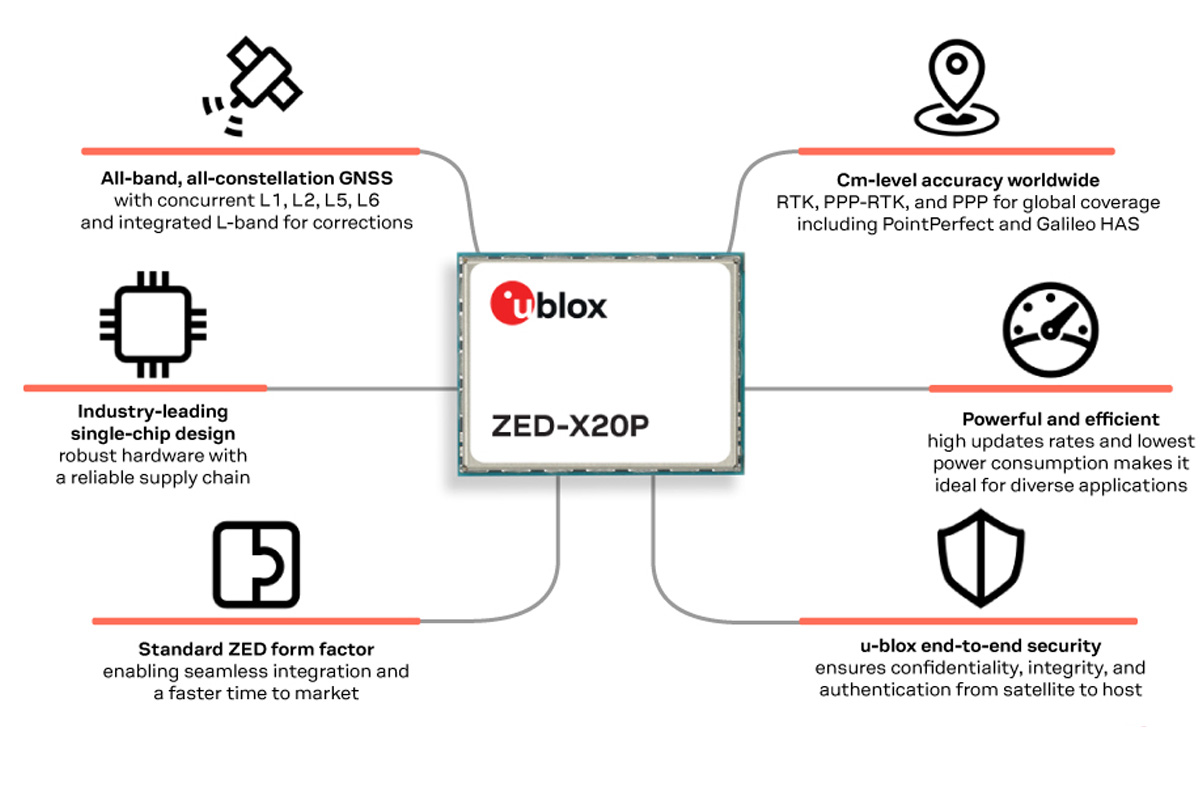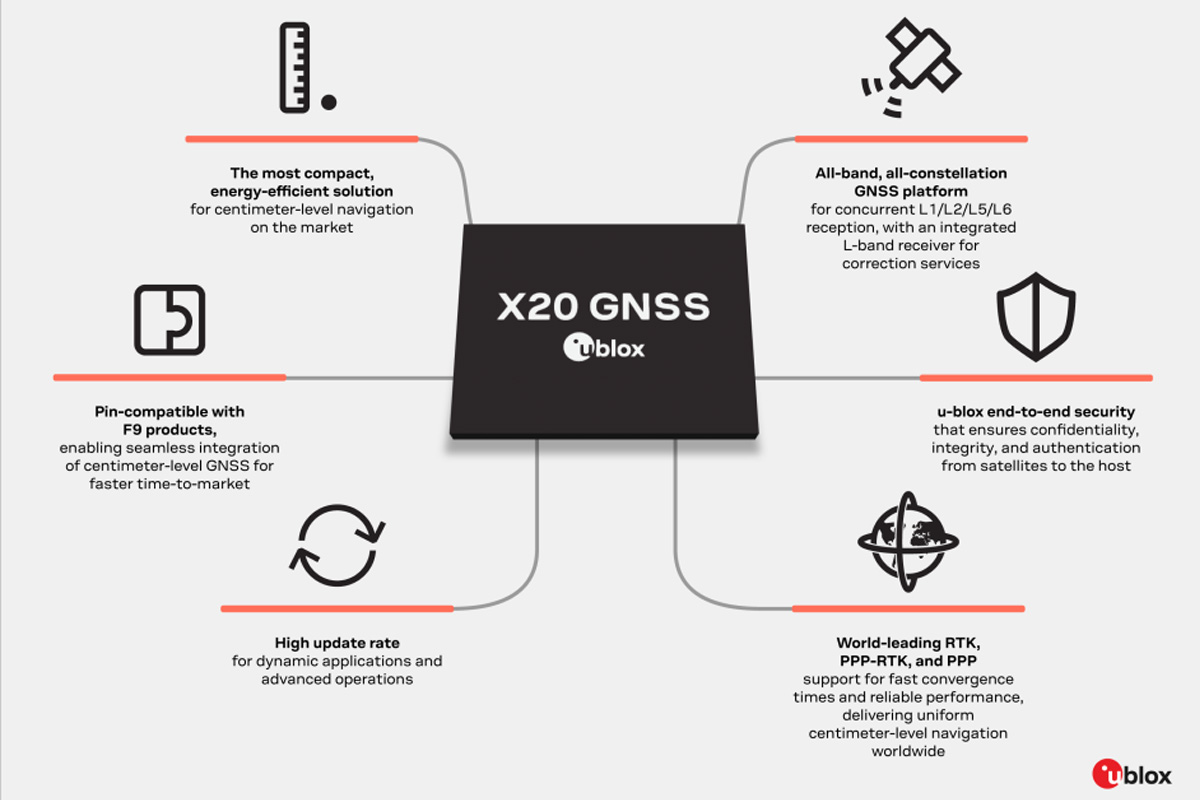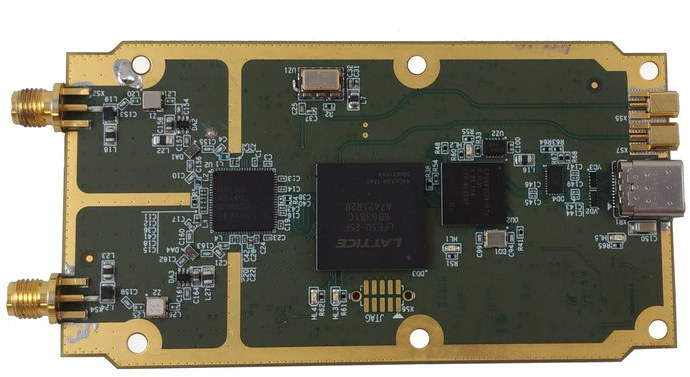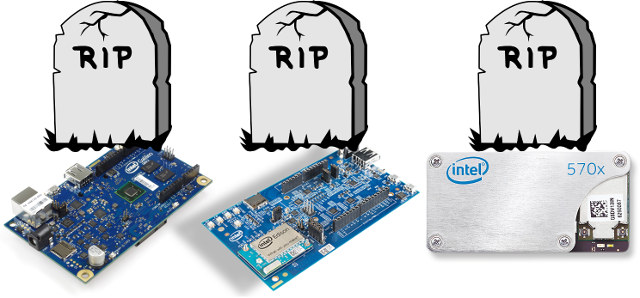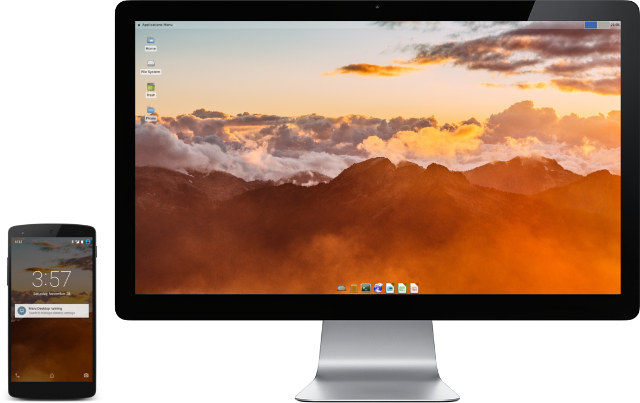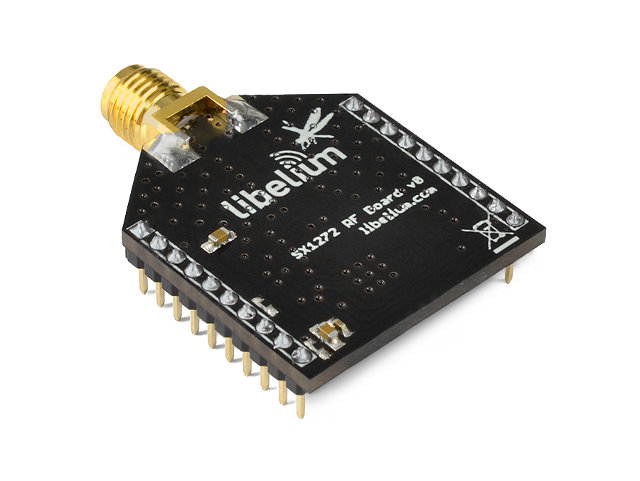Previously u-blox announced the release of the X20 series of all-band GNSS modules, but at the time, the company did not disclose detailed specifications for the module. Recently, they have launched the ZED-X20P all-band GNSS module designed to deliver centimeter-level global positioning at a significantly lower cost, up to 90% less than traditional solutions when considering the total cost of ownership. The module supports L1, L2, L5, and L6 bands across four GNSS constellations (GPS, Galileo, GLONASS, and BeiDou), along with SBAS, QZSS, and NavIC. Additionally, the module is compatible with PPP-RTK, network RTK, and global PPP correction services, along with u-blox’s PointPerfect and Galileo’s free High Accuracy Service (HAS), ensuring precise and flexible positioning. It also features secure boot, signed firmware, encrypted communication, and anti-jamming capabilities, for critical applications. The ZED-X20P maintains the ZED form factor, making the footprint compatible with the ZED-F9P chip for easier upgrades. u-blox says […]
u-blox X20 all-band GNSS module offers centimeter-level accuracy, u-blox F9 pin-to-pin compatibility
u-blox has recently launched the X20 all-band GNSS module with an integrated L-band receiver that supports all available GNSS satellite signals (L1/L2/L5/L6) and can provide centimeter-level accuracy globally. The module also includes PPP (Precise Point Positioning) correction on top of RTK (Real-time Kinematic) and features like end-to-end security functions, advanced jamming/spoofing detection, and other software features. These features make this device useful for industrial automation, automotive, UAVs, and ground robotics applications. Multi-band GNSS receivers using L1, L2, L5, and the new L6/E6 band frequencies enhance accuracy, reliability, security, and other benefits. That includes better PNT (Positioning, Navigation and Timing) and RTK performance, access to global precise point positioning (PPP) services like Galileo HAS, faster convergence times in PPP for industrial and automotive use, and access to regional PPP services like MADOCA-PPP. Additionally, it helps comply with regional regulations like AIS-140 for NavIC in India and improves jamming and spoofing immunity […]
Amungo NUT2NT+ is an Open Source High Precision GNSS Board (Crowdfunding)
Amungo Navigation NUT2NT+ is an open-source hardware four-channel, all-frequency, GNSS RF-to-bits receiver for precision, satellite-based positioning. Connected to the right antennas, the board can achieve centimeter positioning resolution by connecting to multiple navigation satellite systems including GPS, GLONASS, Galileo, BeiDou, and IRNSS. Amungo claims that while several startups and large companies already offer proprietary GNSS positioning solutions NUT2NT+ is the only open source option in this class of GNSS devices. NUT2NT+ key features and specifications: Receiver chip – NTLab NT1065 4-Channel RF Front-End IC FPGA – Lattice ECP5 with 12K LUTs + 28 DSP blocks (LFE5U-12) opened for custom design USB – 1x USB 3.1 Type-C port via CYUSB3014 USB 3.0 controller: Clock – 10 MHz TCXO, soldered RF inputs – 2x bands dedicated; – 5 dB referred noise floor ADC – 2-bit resolution up to 99 MHz Samples transfer – Continuous full stream, from 10 to 50 Mbytes/sec GNSS […]
Intel Issues End-of-Life Notices for Galileo / Galileo 2, Edison and Joule Boards & Modules
While I’m not sure many of my readers are using them, Intel introduced several IoT development kits and modules over the years, with products like Intel Galileo, followed by Galileo 2, Edison module development board all based on Quark processors, and more recently Intel Joule modules powered by Intel Atom T550x / T570x processors. The three boards / modules and corresponding modules will soon be no more, as Intel issues three end-of-life (EOL) notices for: Intel Galileo Board, and Intel Galileo Gen2 Board Products – PDF Select Intel Edison Compute Module, Intel Edison Breakout Board, Intel Edison Kit for Arduino, and Intel Edison Breakout Board Kit Products – PDF Intel Joule 570x Compute Module, Intel Joule 550x Compute Module, Intel Joule 570x Developer Kit and, Intel Joule 550x Developer Kit Products – PDF All three follow the same “forecasted key milestones”: June 16, 2017 – Product Discontinuance Program Support Begins […]
Open Source Operating Systems News – Maru OS, Zephyr, ReactOS, Tizen 3.0, and Raspbian
There have been several news related to open source operating systems in the last couple of weeks including Maru OS to run Debian on Android, Zephyr Project real-time OS managed by the Linux Foundation, ReactOS an open source port of Windows XP, and Raspberry Pi boards are getting a Tizen 3.0 port, as well as a new Raspbian release. Maru OS – Mobile <-> Desktop Convergence Maru OS mobile operating system is supposed to do what Ubuntu convergence promised: it runs in mobile mode on the go with Android Lollipop mobile OS, once you connect the phone to an HDMI screen, and pair Bluetooth keyboard and/or mouse, it will switch to desktop mode running Debian Linux. The downside is that so far it a single developer (Preetam D’Souza) worked on it, and the beta version only works on Nexus 5 smartphone. However, since the project went viral, dozen of other […]
Semtech LoRa SX1272 RF Module Enables Up to 30 KM Wireless Range for Arduino, Raspberry Pi, Waspmote, and More
Libelium’s Waspmote is a board based on Atmel ATmega1281 MCU that interfaces with over 80 sensors, and various wireless communication modules, and targets professional wireless sensor network applications such as irrigation systems, smart metering, smart cities, smartphone detection, building automation, and so on. They have some professional kits for over 3,000 Euros including training, but a more affordable Starter Kit is also available for 199 Euros on Cooking Hacks. But I’m not going to cover Waspmote in details today. I just mention it because of an article on embedded.com mentioning compatibility with a Libelium / Semtech LoRa SX1272 RF module delivering up to 30km range in ideal conditions (and usually 22+ km range in LOS), and about 2km range in urban settings. I previously featured XBee-PRO 900HP RF Module with a 45km range, so the Semtech module is just another option, and it works not only with Waspmote, but also the […]
Intel Announces Galileo Gen 2 Development Board Based on Quark SoC
As many of us are waiting for our Intel Galileo board promised by Microsoft, and right after the Raspberry Pi foundation announced the Raspberry Pi Model B+, Intel has introduced a new version of the Galileo board which they simply call Galileo Gen 2. The development board is still powered by Intel Quark single core SoC (Pentium class) and with the same key features as the original Galileo Board, but with some tweaks based on the feedback from the community. Intel Galileo Gen 2 specifications (Changes in Bold): SoC- Intel Quark SoC X1000 single core, single-thread application processor @ 400 MHz, with 12KB embedded SRAM System Memory – 256MB DDR3, 5 Storage – 8MB NOR fklash, 8KB EEPROM, and micro SD card slot (up to 32GB) Connectivity – 10/100M Ethernet USB – 1x USB 2.0 host port, 1x micro USB 2.0 device port used for programming Debugging / Programming 10-pin […]


